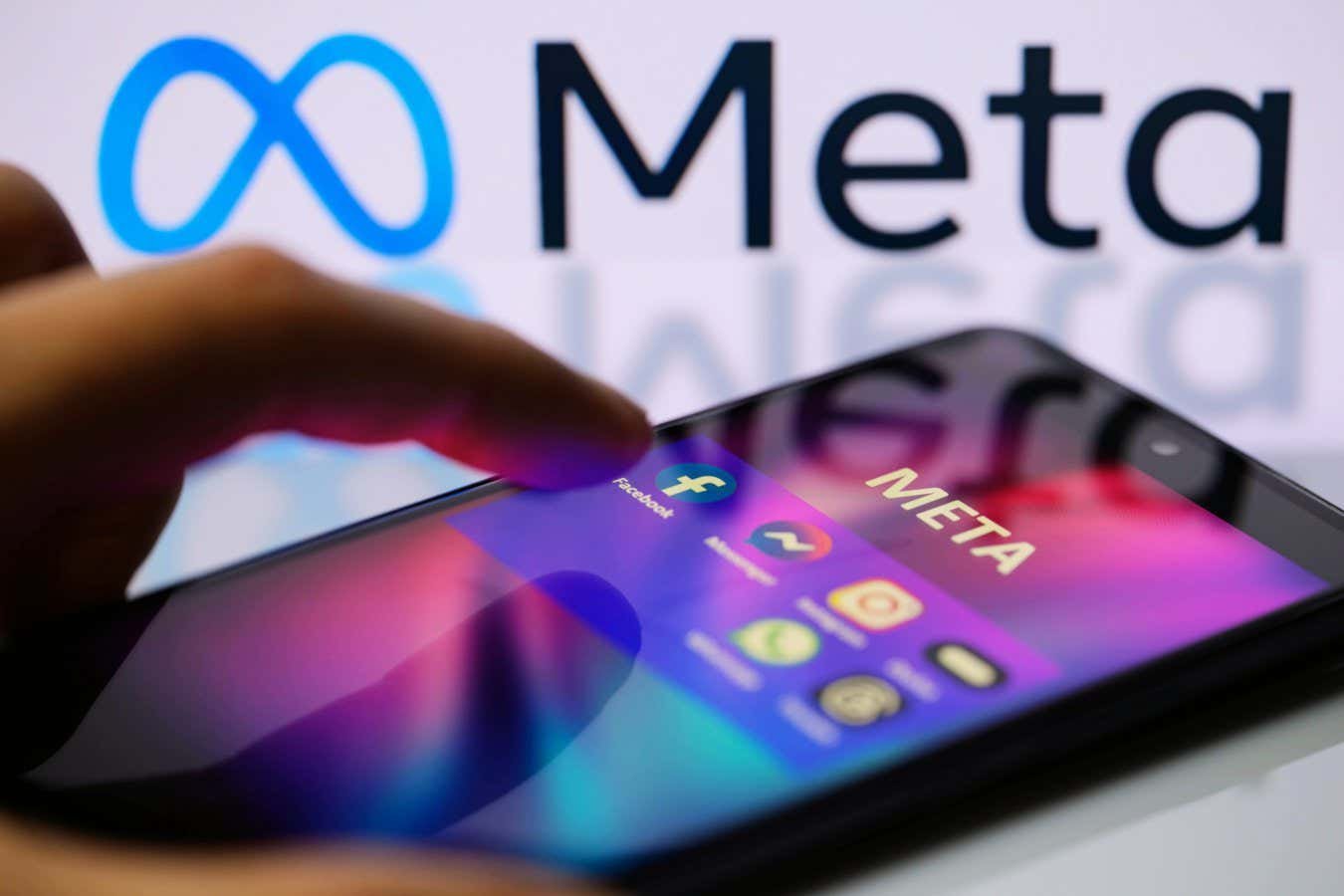Meta owns social media platforms including Facebook and Instagram
JRdes/Shutterstock
By 2024, Meta allowed more than 3,300 pornographic ads – many with AI-generated content – on its social media platforms, including Facebook and Instagram.
The findings come from a report by AI Forensics, a European non-profit organization focused on investigating technology platform algorithms. The researchers also discovered an inconsistency in Meta’s content moderation policies by re-uploading many of the same explicit images as standard posts on Instagram and Facebook. Unlike the ads, these posts were quickly removed for violating Meta’s community standards.
“I am both disappointed and not surprised by the report, as my research has already revealed double standards in content moderation, particularly in the area of sexual content,” said Carolina Are of Northumbria University’s Center for Digital Citizens in the UK.
The AI Forensics report focused on a small sample of ads targeting the EU. It found that the explicit ads allowed by Meta primarily targeted middle-aged and older men with promotions for “dubious sexual enhancement products” and “hook-up dating sites,” with a combined reach of more than 8.2 million views.
Such leniency reflects a broader double standard in content moderation, Are says. Tech platforms often block content by and for “women, femme-presenting and LGBTQIA+ users,” she says. The double standard extends to male and female sexual health. “One example is lingerie and period-related ads [removed] from Meta, while ads for Viagra are approved,” she says.
In addition to finding AI-generated images in the ads, the AI Forensics team also detected audio deepfakes: in some ads for sexual enhancement drugs, for example, pornographic images were overlaid with actor Vincent Cassel’s digitally manipulated voice.
“Meta prohibits the display of nudity or sexual activity in ads or organic listings on our platforms, and we remove the offending content that was shared with us,” a Meta spokesperson said. “Bad actors are constantly evolving their tactics to avoid enforcement, which is why we continue to invest in the best tools and technology to help identify and remove infringing content.”
The report coincides with Meta CEO Mark Zuckerberg announcing that the company will ditch its fact-checking teams in favor of crowdsourced community notes.
“If we want to sound really dystopian — and at this point, given Zuckerberg’s recent decision to remove fact-checkers, I think we have reason to be — we might even say that Meta is just as quick to disenfranchise individual, marginalized users their agency, as it is to take money from questionable ads,” says Are.
Subjects:
